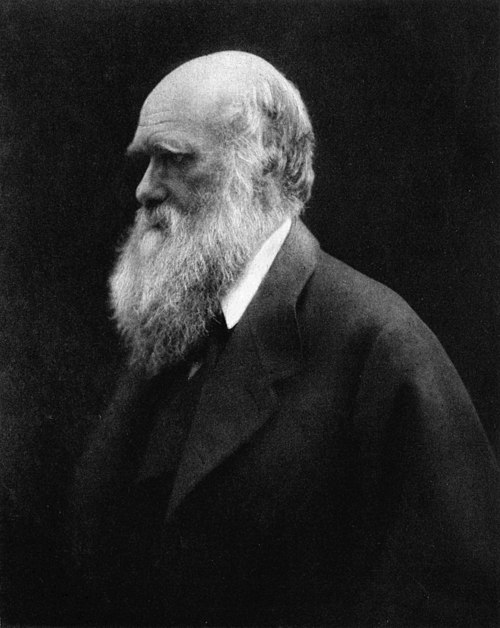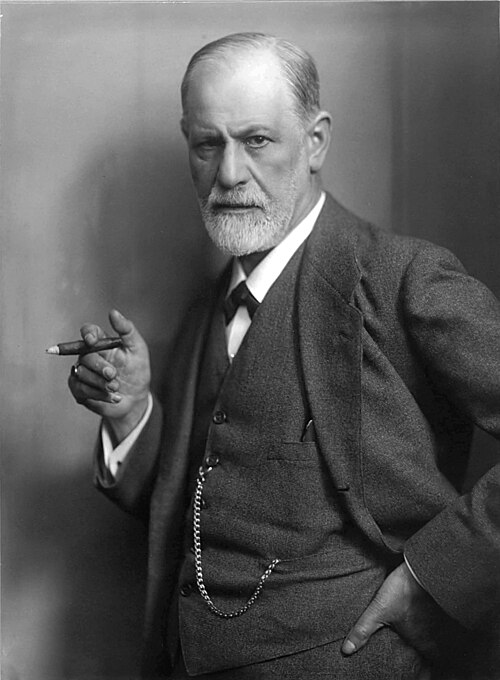Jokenoun
An amusing story.
Jokenoun
Something said or done for amusement, not in seriousness.
Jokenoun
(figuratively) The root cause or main issue, especially an unexpected one
Jokenoun
(figuratively) A laughably worthless thing or person; a sham.
Jokeverb
(intransitive) To do or say something for amusement rather than seriously.
Jokeverb
(intransitive, followed by with) To dupe in a friendly manner for amusement; to mess with, play with.
Jokeverb
To make merry with; to make jokes upon; to rally.
Jokenoun
Something said for the sake of exciting a laugh; something witty or sportive (commonly indicating more of hilarity or humor than jest); a jest; a witticism; as, to crack good-natured jokes.
Jokenoun
Something not said seriously, or not actually meant; something done in sport.
Jokeverb
To make merry with; to make jokes upon; to rally; to banter; as, to joke a comrade.
Jokeverb
To do something for sport, or as a joke; to be merry in words or actions; to jest.
Jokenoun
a humorous anecdote or remark intended to provoke laughter;
Jokenoun
activity characterized by good humor
Jokenoun
a ludicrous or grotesque act done for fun and amusement
Jokenoun
a triviality not to be taken seriously;
Jokeverb
tell a joke; speak humorously;
Jokeverb
act in a funny or teasing way
Joke
A joke is a display of humour in which words are used within a specific and well-defined narrative structure to make people laugh and is usually not meant to be taken seriously. It takes the form of a story, usually with dialogue, and ends in a punch line.
Humournoun
(uncountable) The quality of being amusing, comical, funny.
Humournoun
(uncountable) A mood, especially a bad mood; a temporary state of mind or disposition brought upon by an event; an abrupt illogical inclination or whim.
Humournoun
Any of the fluids in an animal body, especially the four "cardinal humours" of blood, yellow bile, black bile and phlegm that were believed to control the health and mood of the human body.
Humournoun
(medicine) Either of the two regions of liquid within the eyeball, the aqueous humour and vitreous humour.
Humournoun
(obsolete) Moist vapour, moisture.
Humourverb
(transitive) To pacify by indulging.
Humournoun
same as humor.
Humournoun
a characteristic (habitual or relatively temporary) state of feeling;
Humournoun
a message whose ingenuity or verbal skill or incongruity has the power to evoke laughter
Humournoun
(Middle Ages) one of the four fluids in the body whose balance was believed to determine your emotional and physical state;
Humournoun
the liquid parts of the body
Humournoun
the quality of being funny;
Humournoun
the trait of appreciating (and being able to express) the humorous;
Humourverb
put into a good mood
Humournoun
the quality of being amusing or comic, especially as expressed in literature or speech
Humournoun
the ability to express humour or amuse other people
Humournoun
a mood or state of mind
Humournoun
an inclination or whim
Humournoun
each of the four chief fluids of the body (blood, phlegm, yellow bile (choler), and black bile (melancholy)) that were thought to determine a person's physical and mental qualities by the relative proportions in which they were present.
Humourverb
comply with the wishes of (someone) in order to keep them content, however unreasonable such wishes might be
Humourverb
adapt or accommodate oneself to (something)
Humour
Humour (Commonwealth English) or humor (American English) is the tendency of experiences to provoke laughter and provide amusement. The term derives from the humoral medicine of the ancient Greeks, which taught that the balance of fluids in the human body, known as humours (Latin: humor, ), controlled human health and emotion.







